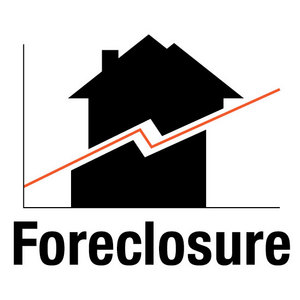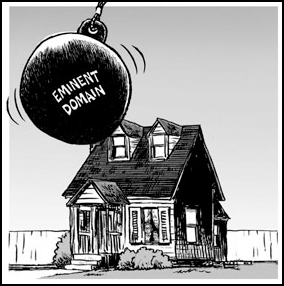 The simple question of how to calculate the statute of limitations in a mortgage foreclosure has finally been answered by the Florida Supreme Court. And the banks won. Mortgage lenders may file new foreclosure actions against borrowers who won foreclosure cases more than five years ago if the borrowers defaulted again within five years of the first case’s dismissal, the court ruled.
The simple question of how to calculate the statute of limitations in a mortgage foreclosure has finally been answered by the Florida Supreme Court. And the banks won. Mortgage lenders may file new foreclosure actions against borrowers who won foreclosure cases more than five years ago if the borrowers defaulted again within five years of the first case’s dismissal, the court ruled.
We discussed this topic previously. At the time, the Florida Supreme Court had not issued its ruling in Bartram v. U.S. Bank National Association, a case focused on whether the statute of limitations had run or not. In Bartram, the mortgagor obtained a note and mortgage with a Bank. Within the year, he stopped making the required payments. The Bank subsequently filed a foreclosure action which was involuntary dismissed five years later when the Bank failed to appear at a case management conference. After dismissal, the mortgagor once again failed to make the required payments and the Bank once again filed to foreclose the property. The mortgagor stated that the Bank could not file the claim because it was outside of the 5-year statute of limitations.
On certified question by the 5th DCA the Florida Supreme Court was asked whether an acceleration of payments due under a residential note and mortgage with a reinstatement provision in a foreclosure action that was dismissed pursuant to the Florida Rules of Civil Procedure, triggers application of the statute of limitations to prevent a subsequent foreclosure action by the mortgagee based on the payment defaults occurring after the dismissal of the first foreclosure action.
The Court answered that question in the negative. The Court explained that a lender is not precluded by the statute of limitations from filing a subsequent foreclosure action after the involuntary dismissal (with or without prejudice) of the first foreclosure action if the alleged subsequent default occurred within five years of the subsequent foreclosure action.
The Court reasoned that the effect of an involuntary dismissal is a revocation of the acceleration, which reinstates the mortgagor’s right to continue to make payments on the note and the right of the lender to seek acceleration and foreclosure based on the mortgagor’s subsequent defaults.
A subsequent default after dismissal is a new and independent right to accelerate which starts a new statute of limitations.
The lender is not barred by the statute of limitations from filling a subsequent foreclosure action premised on a separate and distinct default. The statute of limitations runs from the date of the new default, and this new default gives the lender the right to accelerate all payments due.
The Court concluded that since the original foreclosure action was dismissed, the Bank could not then accelerate the payments but the default after dismissal triggered the Bank’s ability to file a second foreclosure and accelerate the payments.








